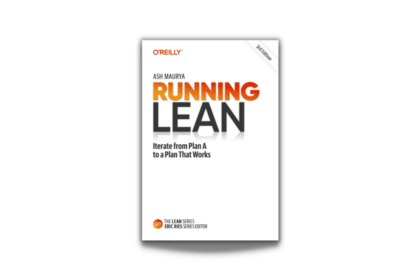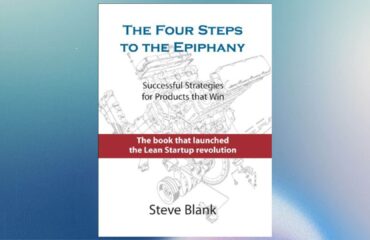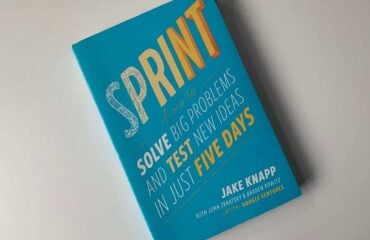
In the volatile world of startups, many founders fall into the trap of building products based on untested assumptions, only to realize too late that their brilliant idea isn’t resonating with customers.
If you’ve ever launched a product and faced the painful realization that your audience doesn’t actually want it, you’re not alone. This is where Running Lean by Ash Maurya becomes a critical read.
The book offers a systematic approach to minimizing waste in startups by focusing on validated learning—turning assumptions into knowledge quickly and efficiently.
Book Overview
Running Lean by Ash Maurya is a highly relevant guide for startup founders, especially those in the early stages of product development. As part of the “Lean Startup” movement, this book offers a step-by-step process to help entrepreneurs avoid the pitfalls of building products that nobody wants.
By focusing on validated learning, Maurya provides a roadmap for testing and refining business ideas with minimal risk and resources.
Summary
The book is structured around the Lean Canvas, a tool that helps entrepreneurs map out and test their business hypotheses in a visual format. Maurya breaks down the Lean Canvas into its essential components, offering practical advice on how to iterate on a business model by systematically testing assumptions.
The primary focus is on understanding customer problems, testing solutions, and finding a product-market fit. Throughout the book, Maurya emphasizes the importance of engaging with customers early and often to validate each component of the business model.
Key Lessons
– Start with the Problem, Not the Solution: One of the most critical takeaways from *Running Lean* is the importance of understanding and validating the problem before jumping into product development. By engaging with potential customers early, founders can ensure they are solving a real problem.
– Iterate Quickly: Maurya advocates for rapid iteration cycles—building, measuring, and learning—to refine the business model. The goal is to minimize time spent on ideas that don’t work and focus on those that do.
– Measure What Matters: Instead of getting bogged down by vanity metrics, *Running Lean* teaches founders to focus on actionable metrics that drive decision-making. Metrics should align with the startup’s goals and provide clear insights into customer behavior.
– Customer Discovery is Continuous: Engaging with customers isn’t a one-time activity. Maurya stresses that customer discovery should be an ongoing process throughout the life of the startup.
Quotes
– “Life’s too short to build something nobody wants.”
– “The goal of a startup is to find a sustainable business model, not to build a product.”
Practical Applications
– Conducting Customer Interviews: Use the book’s guidelines on customer discovery to conduct interviews that uncover real customer needs, rather than assumptions.
– Creating and Testing MVPs: Apply the Lean Canvas to identify and test your startup’s most critical assumptions with a Minimum Viable Product (MVP).
– Pivoting Effectively: Learn to recognize when a pivot is necessary and how to execute it without losing momentum.
Strengths
– Actionable Framework: The Lean Canvas provides a clear and actionable framework for entrepreneurs to validate their business ideas.
– Practical Advice: Maurya’s approach is grounded in real-world examples, making it highly applicable for early-stage startups.
– Focus on Customer Feedback: The book’s emphasis on customer discovery ensures that founders stay aligned with market needs, reducing the risk of building something irrelevant.
Weaknesses
– Simplicity Can Be Limiting: Some founders feel that the Lean Canvas, while useful, can oversimplify complex business models. It may not fully capture the intricacies of certain industries, particularly those with multiple stakeholders or longer sales cycles.
– Not Industry-Specific: While the principles in *Running Lean* are widely applicable, some industries might require more tailored approaches that the book doesn’t fully address.
Questions for You
– What are the most significant assumptions in your current business idea that need validation?
– Which type of experiment or strategy mentioned in *Running Lean* would be most suitable for your business model, and why?
– How often do you engage with your customers to validate your product or service? Could this frequency be increased to gain more insights?
Join Our Founder Network
Are you ready to take your startup to the next level? By joining our Founder Network, you’ll gain access to resources and mentorship that can help you apply the insights from Running Lean.
Whether you’re looking to validate your assumptions, refine your MVP, or pivot your business model, our network offers the support you need. Connect with like-minded entrepreneurs, share your experiences, and receive expert guidance on your startup journey.
Running Lean is more than just a book; it’s a mindset that could save your startup from costly mistakes. So, are you ready to build something that truly matters?



